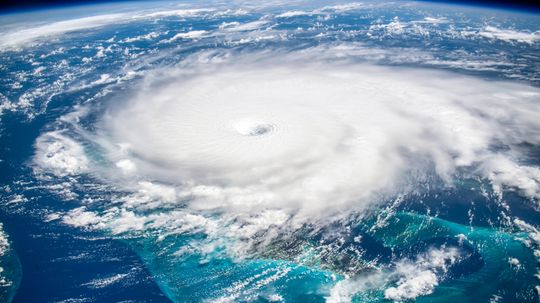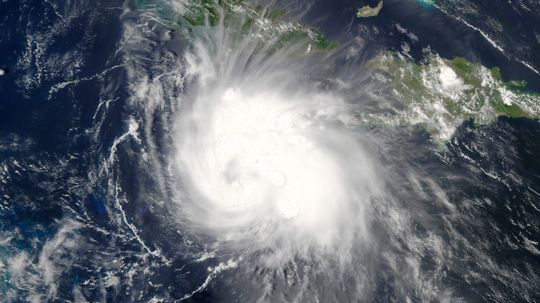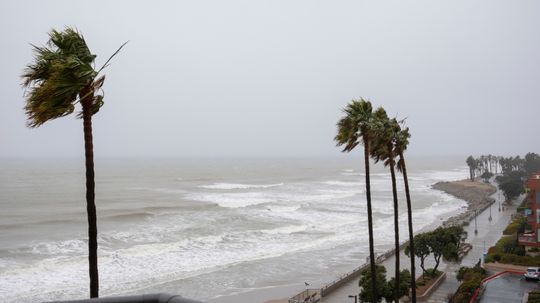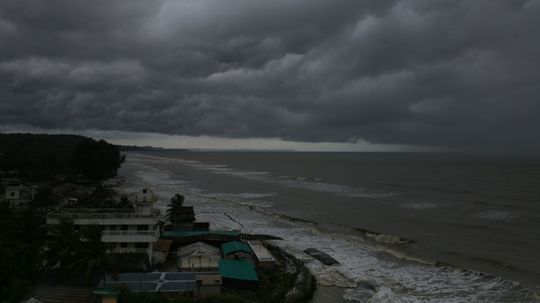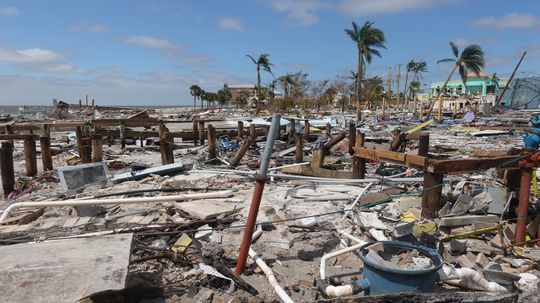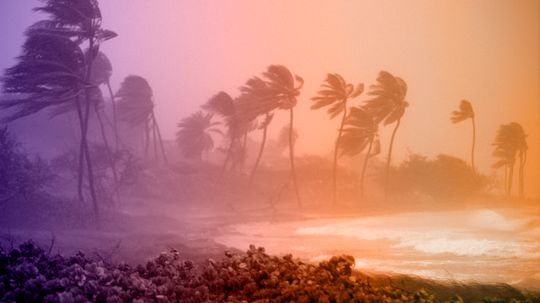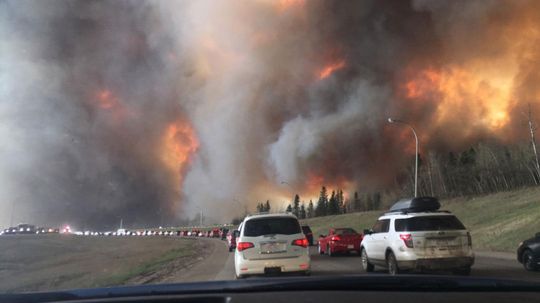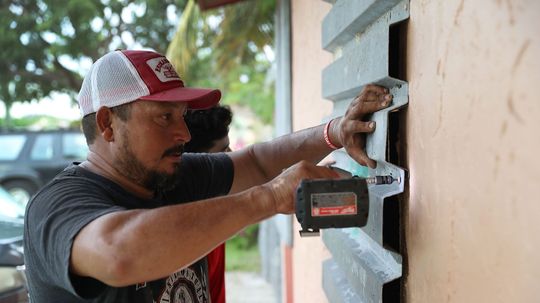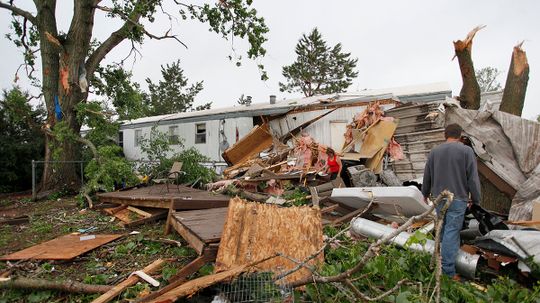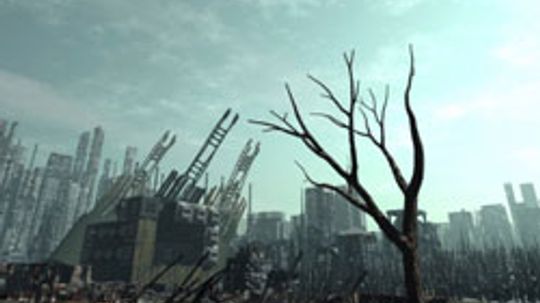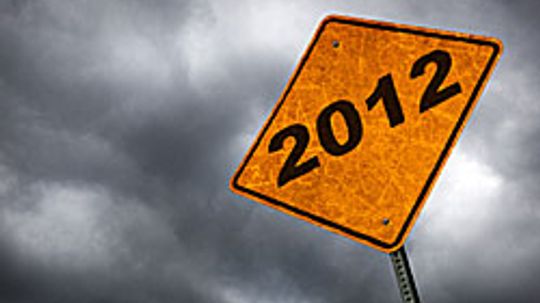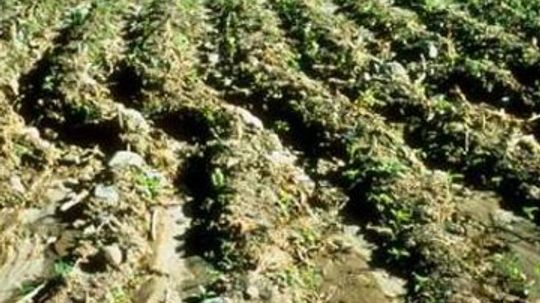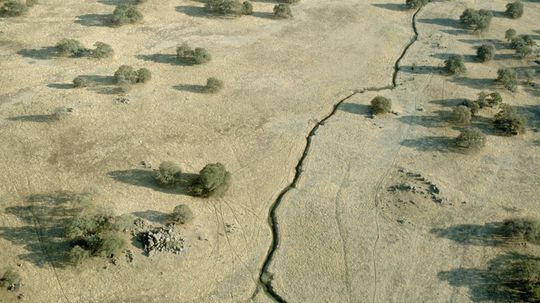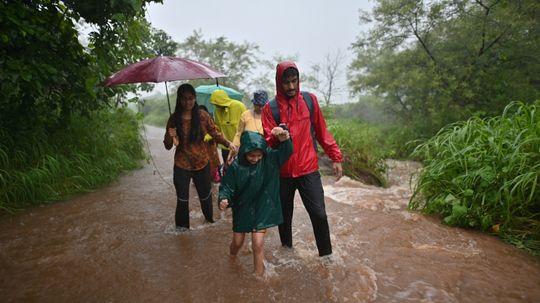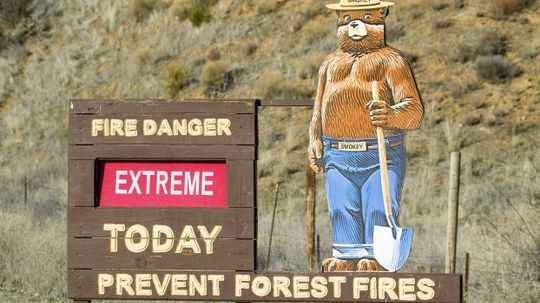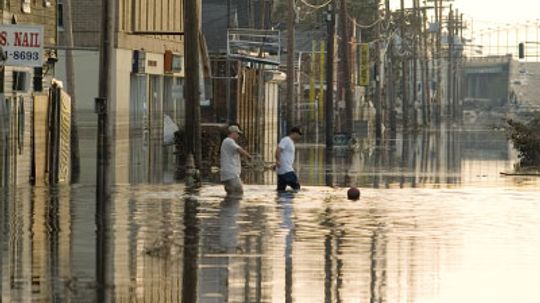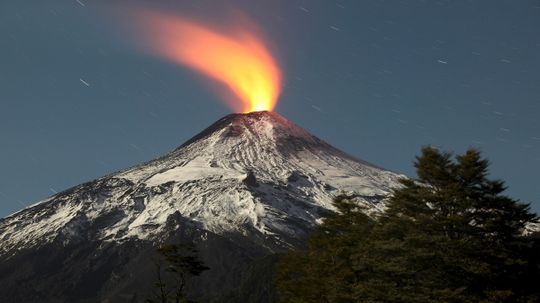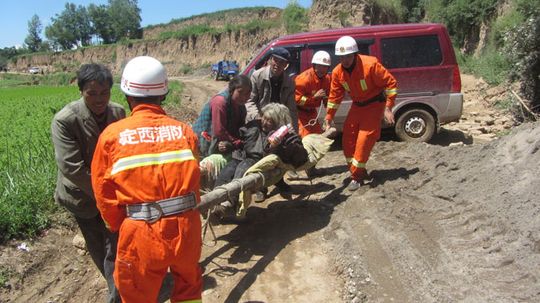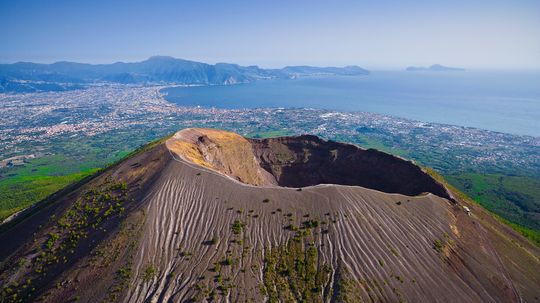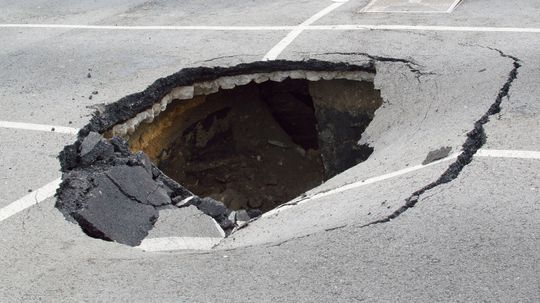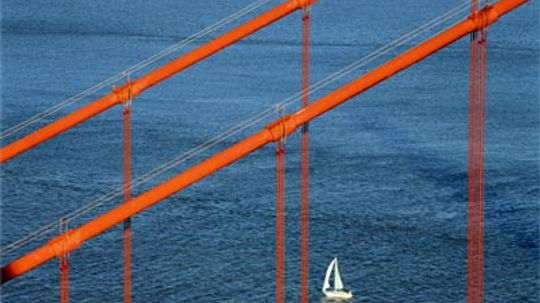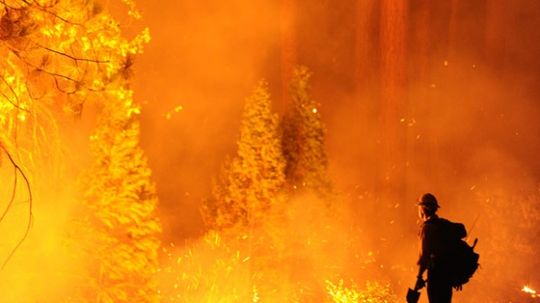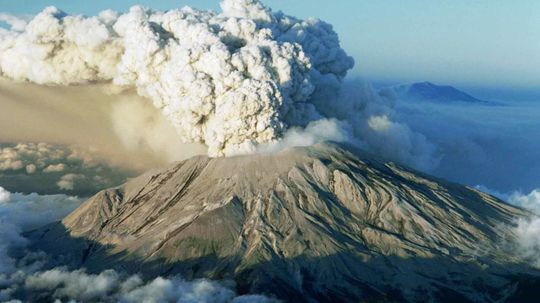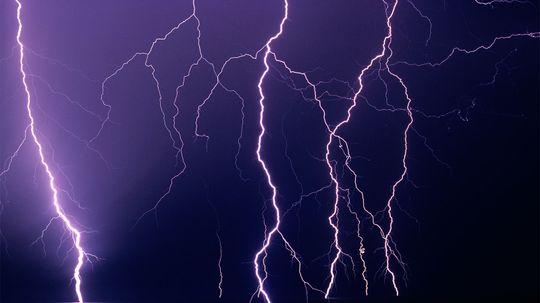Natural Disasters
Unpredictable forces of nature like tornadoes and hurricanes can have a devastating impact on humans and our environment. Learn how natural disasters work and how science aims to better predict them.
Learn More / Page 2
Typhoon vs. Hurricane: Uncover the differences and similarities between these powerful tropical storms. Learn about their formation and impact.
By HowStuffWorks
Hurricane Charley: Unveiling the Impact and Aftermath of this Devastating Storm. Explore its path, damage, and lessons learned.
By HowStuffWorks
California Hurricane: Exploring the Rare Phenomenon and Potential Impacts. Learn about the history, preparation, and coastal vulnerability.
By HowStuffWorks
Advertisement
When is Hurricane Season? Discover the crucial dates and regions of hurricane occurrence. Learn how to prepare and stay safe.
By HowStuffWorks
Unearth the Worst Hurricanes in US History: Catastrophic storms that shaped landscapes, impacted communities, and left indelible marks on the nation.
By HowStuffWorks
Dive into Category 4 Hurricanes: Intense tropical cyclones with devastating winds, causing significant damage and posing major threats to coastal areas.
By HowStuffWorks
The effects of wildfire smoke are different than those of other types of air pollution. But just how harmful to humans is it?
Advertisement
From hurricanes, to earthquakes, to tornadoes, there's no shortage of potential disasters that can ruin homes and devastate lives. Think you're ready to survive the next disaster? Take this quiz and find out.
If you live in a mobile home park, are you more likely to be hit by a tornado? Media images certainly make it seem that way. Find out if there's any truth to this scary stereotype.
You've heard the weather forecast on the radio: A storm is coming. That means time to hit the grocery store for bread and milk! But why those items, when they're likely to spoil with a power cut?
It seems like every few years someone comes out with a new doomsday prophecy. From aliens and asteroids to floods and earthquakes, how do people think the world will end?
Advertisement
As the clock ticks closer to Dec. 21, 2012, discussion regarding what exactly will happen to the world and human civilization continues to heat up. What are some of the wackier conspiracy theories about the year 2012?
By Jane McGrath
These earthquake pictures show building damage, road buckling and fault lines exposed from earthquakes. Click through our gallery of earthquake pictures.
We know where major fault lines crisscross the Earth and where about 80 percent of the world's earthquakes occur; it's the "when" that seismologists have valiantly struggled with. Why?
By Robert Lamb
I read 'How Floods Work,' but I still have a question: Why are there so many more floods now? It seems like there are floods all the time, and it didn't used to be that way. Is it raining more?
Advertisement
The raging wildfires in southern California have claimed lives and destroyed hundreds of homes. Learn how wildfires start and spread, and find out what firefighters do to battle the blaze.
By Kevin Bonsor
Flooding has claimed more lives than any other natural disaster. Find out how a gentle stream becomes a raging torrent.
By Tom Harris
Volcanoes are some of nature's most awe-inspiring displays, with everything from exploding mountaintops to rivers of lava. Learn how all the different types of volcanoes work.
By Tom Harris
An earthquake is one of the most terrifying phenomena that nature can dish up. We generally think of the ground we stand on as "rock-solid" and completely stable. An earthquake can shatter that perception instantly, and often with extreme violence.
Advertisement
Mount Vesuvius, located near Naples, Italy, is one of the world's most iconic active volcanoes, renowned for its historic eruption that buried Pompeii. Discover its history, significance, and natural beauty.
We tend to think of the ground beneath our feet as terra firma, but sometimes it's as stable as a house of cards. What happens when the Earth opens up to swallow homes, cars and people?
If the big one struck, would you be ready? No? Then start reading and stocking up on food, water and other essential supplies. And hurry up. For some of you, it's not "if" but "when."
At some point in your life, a coach may have enthusiastically told you to "fight fire with fire." Coach, of course, was speaking metaphorically. Do firefighters actually employ this strategy?
By Robert Lamb
Advertisement
Folks in Montana usually expect snow or rain to fall from the sky, not ash. But the 1980 eruption of Mount St. Helens in Washington flung ash across state lines. What is this gritty, gray stuff?
By Robert Lamb
Lightning is an incredible force of nature. And like many natural phenomena, lightning is not always what it seems. Go behind the mystery and learn what's really going on when lightning strikes.
